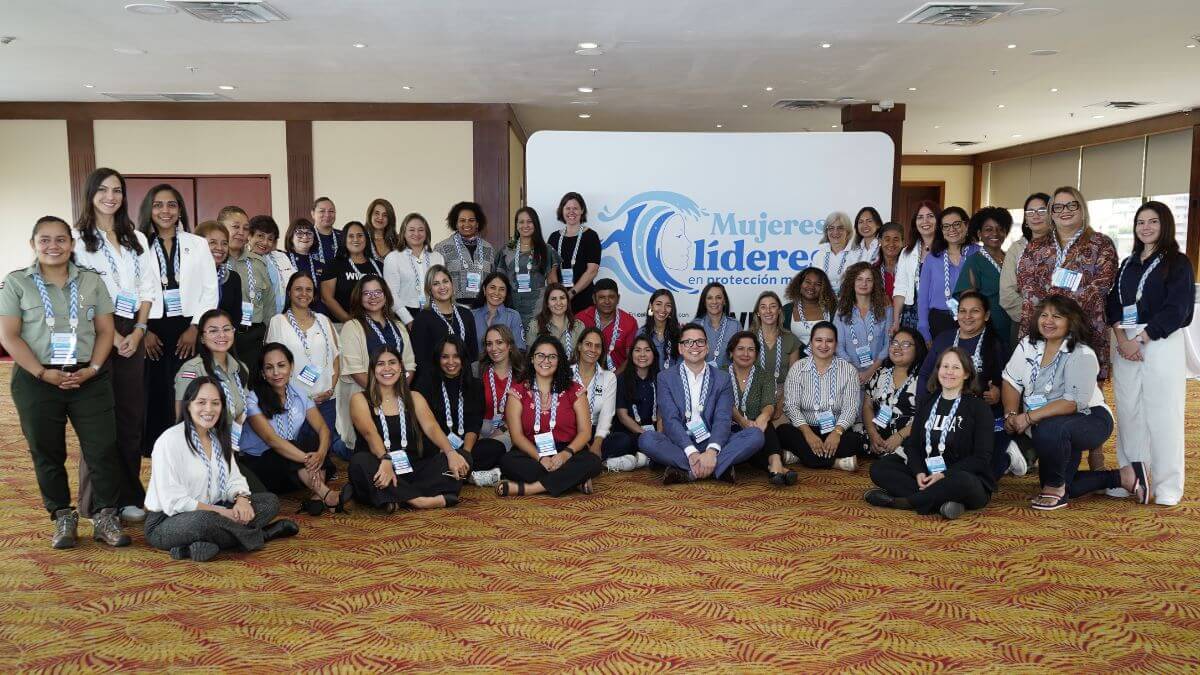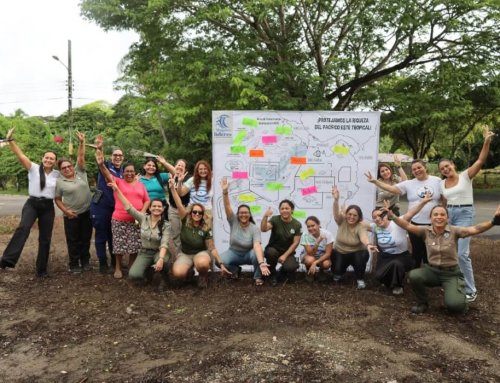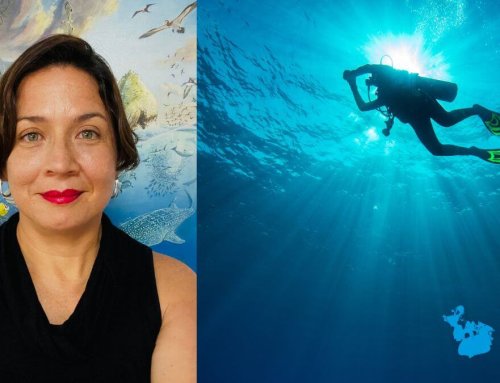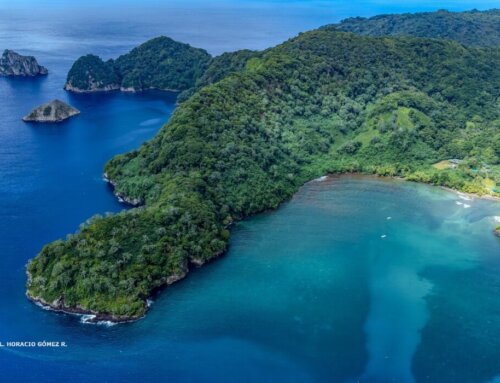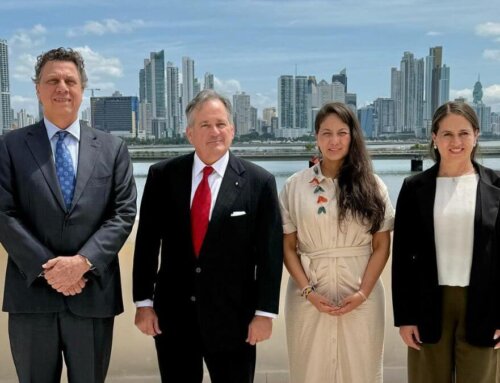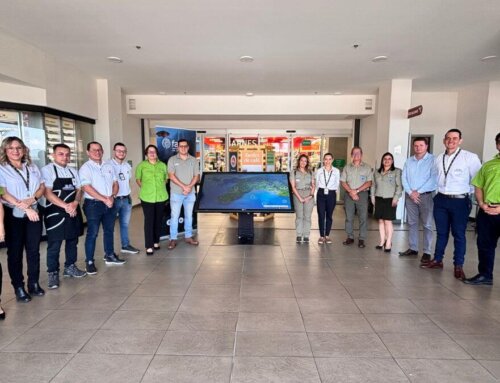-
Cali hosted the Regional Summit: Women Leaders in Marine Protection with the participation of 60 people from 6 countries
-
During the event, the Network of Women Leaders in Marine Protection in the Eastern Tropical Pacific, Peru, and Mexico was formed.
-
The Summit was held within the framework of the project “Strengthening the Enforcement of Marine Legislation in the Eastern Tropical Pacific, Peru, and Mexico,” led by WildAid, with the support of the Government of Canada.
Thursday, May 22, 2025. Cali, Colombia. For three days, Cali, Colombia, was the epicenter of the Regional Summit of Women Leaders in Marine Protection with representatives from Costa Rica, Panama, Colombia, Ecuador, Mexico, and Peru. This event took place within the framework of the project “Strengthening the Enforcement of Marine Legislation in the Eastern Tropical Pacific, Peru, and Mexico,” led by WildAid, with the support of the Government of Canada.
In this space, participants identified challenges, opportunities, and obstacles from intersectional, intergenerational, and intercultural perspectives, and shared experiences to strengthen the effective enforcement of marine legislation and the sustainable use of marine resources in the Eastern Tropical Pacific through collaboration and specialized training.
The event brought together more than 60 women from six countries who serve as maritime, environmental, and fisheries authorities and community leaders.
“As Pro Tempore President of the Eastern Tropical Pacific Marine Corridor (CMAR), I reaffirm Colombia’s commitment, and that of the countries in this regional alliance, to the protection of our oceans. Women in these territories have historically been the guardians of ancestral knowledge and of the bond with the sea. It is essential that initiatives like CMAR recognize them, make them visible, and place them at the center of decisions for life, biodiversity, and the future of our communities,” stated Ms. Lena Estrada Añokazi, Colombia’s Minister of Environment.
During the activities, participants highlighted the importance of recognizing traditional knowledge, solidarity, and unity—not only among peers but also across generations. Technical recommendations were offered to adapt public policies, regulatory frameworks, institutional structures, and budgets related to marine conservation to better reflect the participation of women in this critical work. Additionally, attendees emphasized the importance of access to specialized training and the establishment of support networks.
In her remarks, Ms. Elizabeth Williams, Canada’s Ambassador to Colombia, said:
“Through our foreign policy, we promote women’s leadership in natural resource management, ensuring that their knowledge is part of sustainable development. In this regard, I want to highlight the importance of spaces like today’s, as these gatherings foster collaboration, the exchange of ideas, and the generation of concrete actions.”
Meanwhile, Alejandra Villalobos, Executive Director of FAICO, delivered a presentation on “Women in Financial Cooperation for Marine Conservation,” introduced and supported by two park rangers from Cocos Island National Park.
The Regional Network of Women in the Eastern Tropical Pacific, Peru, and Mexico is created
The event concluded with the signing of a Letter of Intent to improve the enforcement of marine legislation, in which the parties committed to integrating gender affirmative actions and paving the way for programs such as the Gender Equality Seals of the United Nations Development Programme (UNDP) and the National Institute for Women (INAMU) carried out in Costa Rica, which can lead to high-impact organizational transformations.
Additionally, these organizations will offer the participants a specialized virtual training on results-based management tools in favor of equality.
For her part, Meaghan Brosnan, Executive Director of WildAid, invited participants to remember that:
“Each and every one of us, individually and collectively, can create lasting and measurable change.”
She thanked the daily work that each attendee carries out for the conservation of marine resources and concluded by emphasizing the importance of working together, stating: “Conservation is a team effort.”
Finally, the Manifesto for Gender Equity and the Strengthening of Women’s Leadership in Marine-Coastal Protection was read by the Eastern Tropical Pacific Marine Corridor (CMAR), reaffirming that only through the full, equitable, and fair participation of all people will we be able to address the urgent threats facing marine-coastal ecosystems.

